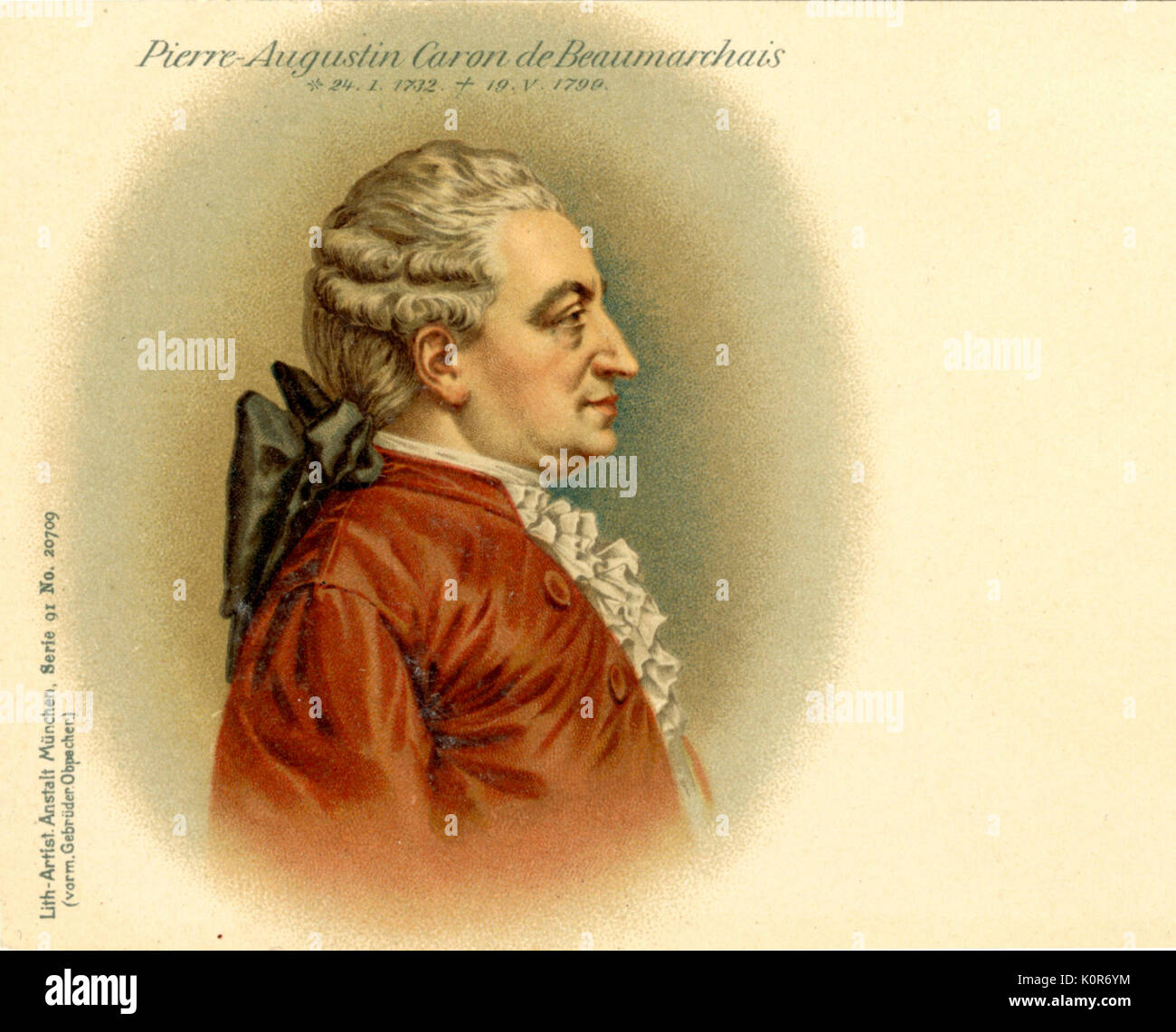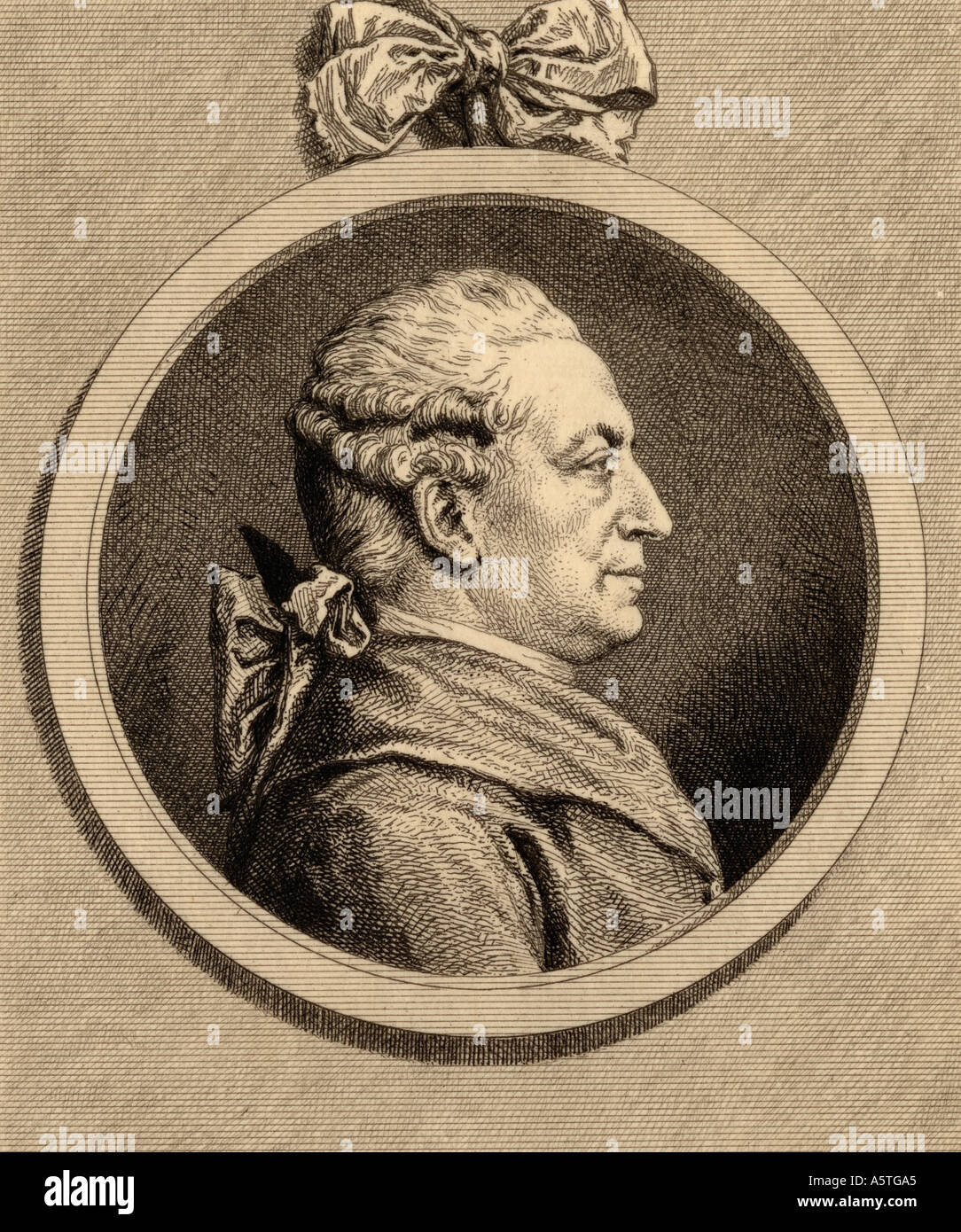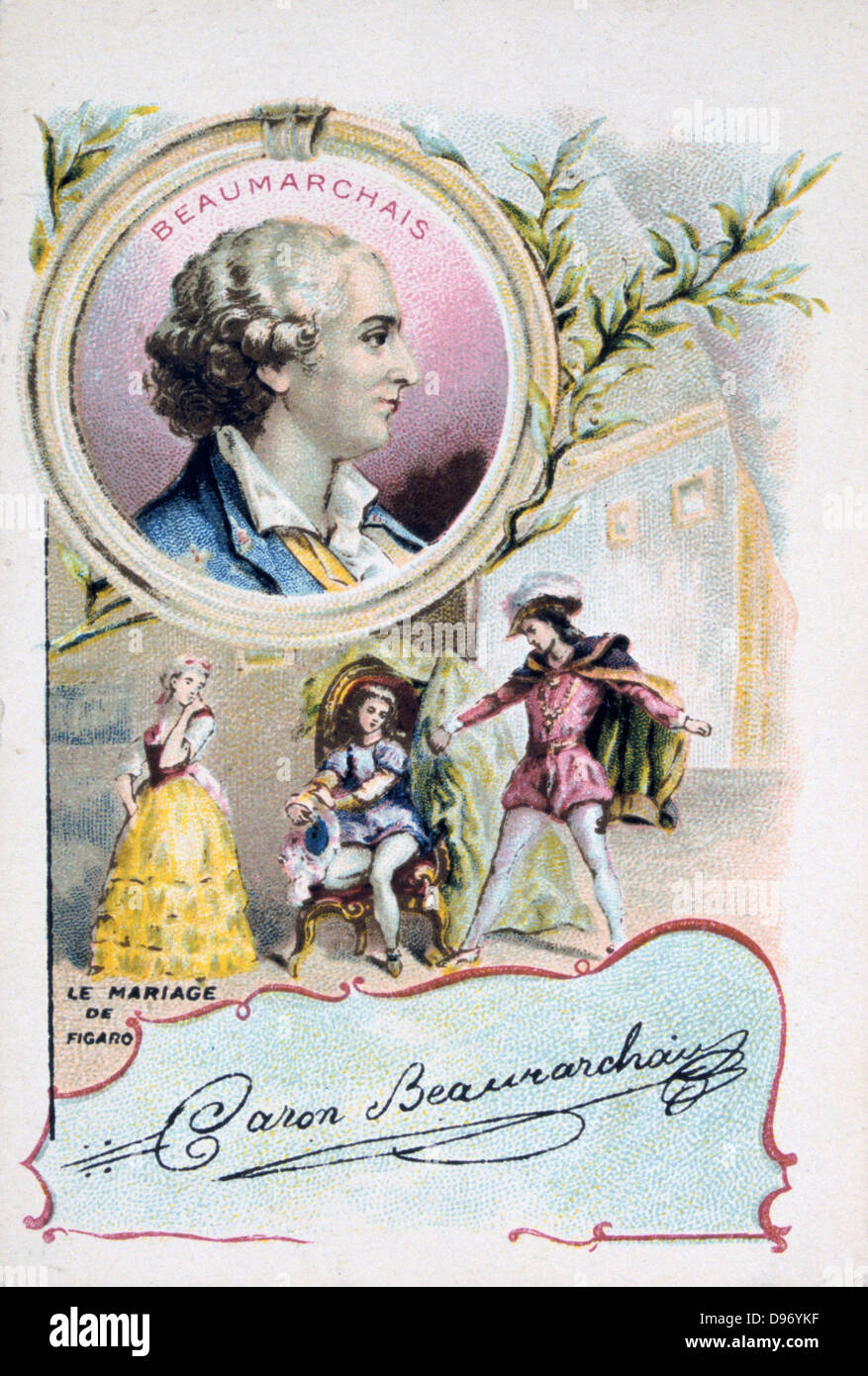
Have you ever found yourself pondering the genius behind some of the most enchanting comedies in the realm of French literature? If so, allow me to introduce you to the remarkable figure of **Pierre-Augustin Caron de Beaumarchais**. Born on January 24, 1732, in the vibrant city of Paris, France, Beaumarchais was far more than just a playwright; he was a multifaceted individual whose life was as dramatic and captivating as the characters he brought to life on stage. His works not only entertained audiences but also reflected the complexities of society during his time. Beaumarchais skillfully blended humor with sharp social commentary, making his plays resonate with both contemporary and modern audiences. His ability to weave intricate plots and create memorable characters has solidified his place as a cornerstone of French comedic literature. As we delve deeper into his life and works, we uncover a man whose creativity and intellect left an indelible mark on the world of theater.
The Early Years: A Watchmaker’s Son

Beaumarchais was born into a humble family, the son of a skilled watchmaker, which deeply influenced his early years. Immersed in the intricate world of mechanics and craftsmanship, he developed a keen understanding of engineering principles. Remarkably, he invented an innovative escapement mechanism, a creation that not only showcased his ingenuity but also ignited a series of legal disputes over patent rights. These conflicts would ultimately lay the groundwork for his emergence as a controversial figure in society.
### Legal Battles: The Start of a Controversial Career
The legal challenges he faced were merely the beginning of his tumultuous journey. Beaumarchais became renowned for his incisive writings, particularly a series of polemics known as the **Mémoires**. These works not only highlighted his exceptional writing talent but also catapulted him into the public eye, making him a household name. However, despite his legal acumen, his victories in court were often limited, prompting him to explore other avenues to channel his diverse talents.
#### Secret Missions: A Man of Many Hats
After 1773, Beaumarchais embarked on clandestine missions for the French crown, serving both **Louis XV** and **Louis XVI**. Picture this: by day, he was a celebrated playwright, crafting compelling narratives, while by night, he transformed into a secret agent, navigating the treacherous waters of espionage. His life was a captivating blend of adventure, intrigue, and, naturally, drama, reflecting the multifaceted nature of his character and the era in which he lived.
The Comedic Genius: Beaumarchais’s Masterpieces

Let us now explore the essence of Beaumarchais’s enduring legacy, which is most prominently showcased through his remarkable plays. He is widely celebrated for two exceptional comedic works: **Le Barbier de Séville** (1775) and **Le Mariage de Figaro** (1784). These plays transcend mere theatrical performances; they have evolved into cultural landmarks that continue to captivate audiences even today.
### Le Barbier de Séville: The Barber’s Wit
**Le Barbier de Séville**, known in English as **The Barber of Seville**, is a charming comedy brimming with ingenious plots and sharp dialogue. The character Figaro, a clever and resourceful valet, has become the quintessential representation of the cunning servant archetype. His quick wit and charismatic personality are what elevate this play to the status of a timeless classic, ensuring its relevance across generations.
#### From Stage to Opera: The Musical Legacy
This delightful play did not remain confined to the theater; it also inspired the renowned opera composed by the Italian maestro **Gioacchino Rossini**. One can only imagine the waves of laughter and joy it elicited from audiences of the past, much like it continues to do today. This phenomenon serves as a testament to Beaumarchais’s extraordinary talent, as his work successfully bridged the gap between literature and music, leaving an indelible mark on both art forms.
### Le Mariage de Figaro: A Bold Critique
The second of Beaumarchais’s masterpieces, **Le Mariage de Figaro**, or **The Marriage of Figaro**, presents a daring critique of the privileges enjoyed by the aristocracy and the rigid societal norms of the time. The themes explored in this play seem almost prophetic, foreshadowing the social upheaval that would soon erupt during the **French Revolution** of 1789. Beaumarchais was not merely a purveyor of entertainment; he was a bold challenger of the status quo, using humor as a vehicle for social commentary.
#### Figaro: The Hero of the People
In this narrative, Figaro emerges as the embodiment of the common man’s spirit. His cleverness and resilience resonate deeply with audiences, establishing him as a hero for the ages. It is truly fascinating how a single character can encapsulate the struggles, aspirations, and dreams of an entire society, making Beaumarchais’s work not only entertaining but also profoundly relevant to the human experience.
Beaumarchais’s Financial Ventures: A Double-Edged Sword

Despite achieving considerable success as a playwright, Pierre-Augustin Caron de Beaumarchais had a notable inclination towards financial speculation. His adventurous spirit led him to invest in arms for the American revolutionaries, a bold move that demonstrated his unwavering support for the principles of liberty and justice. However, this penchant for risk often resulted in precarious situations, placing him in financial and legal jeopardy.
In addition to his theatrical accomplishments, Beaumarchais made a significant contribution to literature by publishing the first complete edition of the works of the esteemed philosopher Voltaire. This endeavor not only enhanced his standing as a prominent literary figure but also underscored his dedication to the Enlightenment ideals of reason, progress, and intellectual freedom.
However, Beaumarchais’s wealth proved to be a double-edged sword. During the tumultuous period of the French Revolution, he faced imprisonment in 1792. It is quite ironic that a man who dedicated much of his life to critiquing the aristocracy found himself ensnared in the very revolutionary fervor he had once championed. Fortunately, his release came about through the intervention of a former mistress, highlighting the complex interplay of personal relationships and political turmoil during that era.
The Legacy of Beaumarchais: A Lasting Impact

So, what’s the takeaway from Beaumarchais’s life and works? His comedies are not just entertaining; they are rich with social commentary and insight into the human condition. They remind us that laughter can be a powerful tool for change.
Influence on Modern Theatre
Beaumarchais’s influence extends far beyond his lifetime. His works have inspired countless adaptations and interpretations, shaping the landscape of modern theatre. Can you think of a more enduring legacy than that?
A Reflection of Society
His ability to weave humor with serious themes makes his plays relevant even today. They serve as a mirror reflecting the societal issues of his time, and perhaps even our own. Isn’t it amazing how art can transcend time and space?

Pierre-Augustin Caron de Beaumarchais was more than just a playwright; he was a man of action, a thinker, and a revolutionary in his own right. His life was as colorful and dramatic as the characters he created. So, the next time you enjoy a comedy, remember the genius behind it all—Beaumarchais, the master of intrigue and laughter.
Table: Key Facts About Beaumarchais

| Fact | Details |
|---|---|
| Birth Date | January 24, 1732 |
| Death Date | May 18, 1799 |
| Notable Works | Le Barbier de Séville, Le Mariage de Figaro |
| Influence | Inspired operas, modern theatre, and social commentary |
| Key Themes | Class struggle, wit, and social critique |

